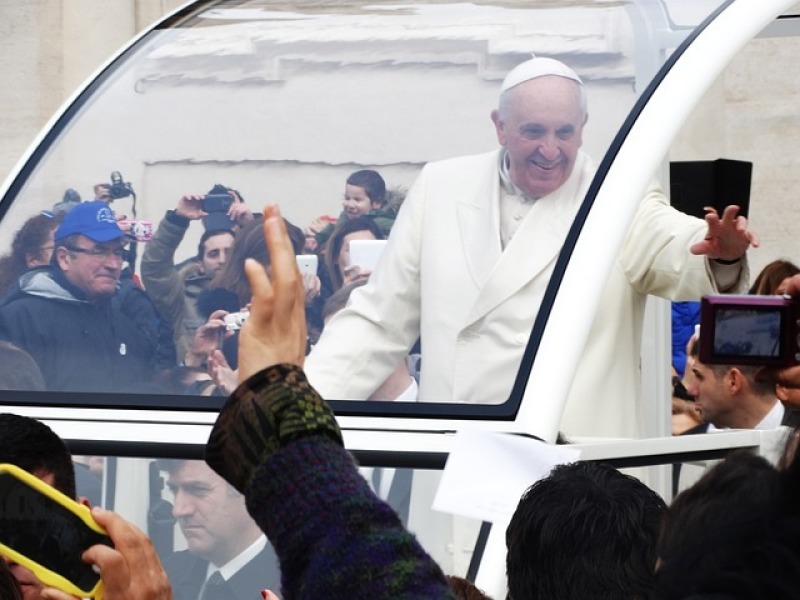
Pope Francis responded to a query from a Jesuit about his friendship with the late Father Frenc Jalics, a Jesuit who was born in Hungary, during his trip to that country. The military detained Jalics and another Jesuit priest, Orlando Yorio, in 1976 on suspicion of assisting leftist rebels during Argentina’s “dirty war.”
When Pope Francis was elected in 2013, an Argentine journalist charged him with betraying the two priests while he was Father Jorge Mario Bergoglio, the head of the Argentine Jesuits. Pope Francis responded by saying, “The situation [during the dictatorship] was really very confusing and uncertain, and then the legend developed that I had handed them over to be imprisoned.”
Pope Francis Discusses Relationship with Late Father Frenc Jalics During Hungarian Visit
According to the article in Reuters, father Frenc Jalics, a Jesuit priest who was detained by the military during Argentina’s “dirty war,” said in a statement upon the election of Pope Francis that the detention was not the future Pope’s fault. Pope Francis has consistently refuted claims that he betrayed Father Frenc Jalics and Orlando Yorio.
Francis, the archbishop of Buenos Aires at the time, testified in front of a three-judge tribunal in 2010 that was looking into the dictatorship era. He recalled how certain government officials wanted to “cut off his head,” but ultimately, his innocence was proven. Francis revealed that one of the judges who questioned him in 2010 admitted that after he was elected Pope, they had been given orders from the government to punish him.
In the article shared in Sight Magazine, Francis had a contentious relationship with President Cristina Fernandez de Kirchner’s administration when serving as Archbishop of Buenos Aires because they perceived him as adopting a political stance. He is not thought to have visited his native country since becoming Pope because of his rocky relationship with Argentine politicians.
Also Read:Pope Francis Encourages Child Protection Advocates to Seek Spiritual Healing, Reparation
Pope Francis Discusses the Challenge of Loving Both Abuse Victims and Abusers
According to the article in Crux Now, Pope Francis also discussed how to find God amidst the difficulties of contemporary life in a dialogue, adding that the Second Vatican Council is currently being implemented. He noted that it takes a Council a century to become absorbed and that it is regrettable that there is still opposition to the council’s initiatives.
The Pope described “backwardness” or “restorationism” as a retrograde illness rejecting modernity and clinging to the past. He spoke about his choice to limit the use of the Traditional Latin Mass in an effort to avoid ideological regress and uphold the pastoral ideals of his forebears.
As the Jesuits deal with claims of sexual misbehavior against Jesuit artist Marko Ivan Rupnik, Pope Francis also discussed the clerical abuse situation, which is particularly pertinent for them. His order is currently looking into Rupnik, and at the conclusion of the investigation, he might be defrocked.
The Pope understood the devastating effects abuse has on victims and the difficulty of confronting the abuser. He emphasized that abusers are God’s children and should receive pastoral care and discipline. He acknowledged that it’s challenging to provide the latter, though.
Related Article:Pope Francis Includes Lay Leaders in 2019 Church Law Governing Clerical Sexual Abuse

